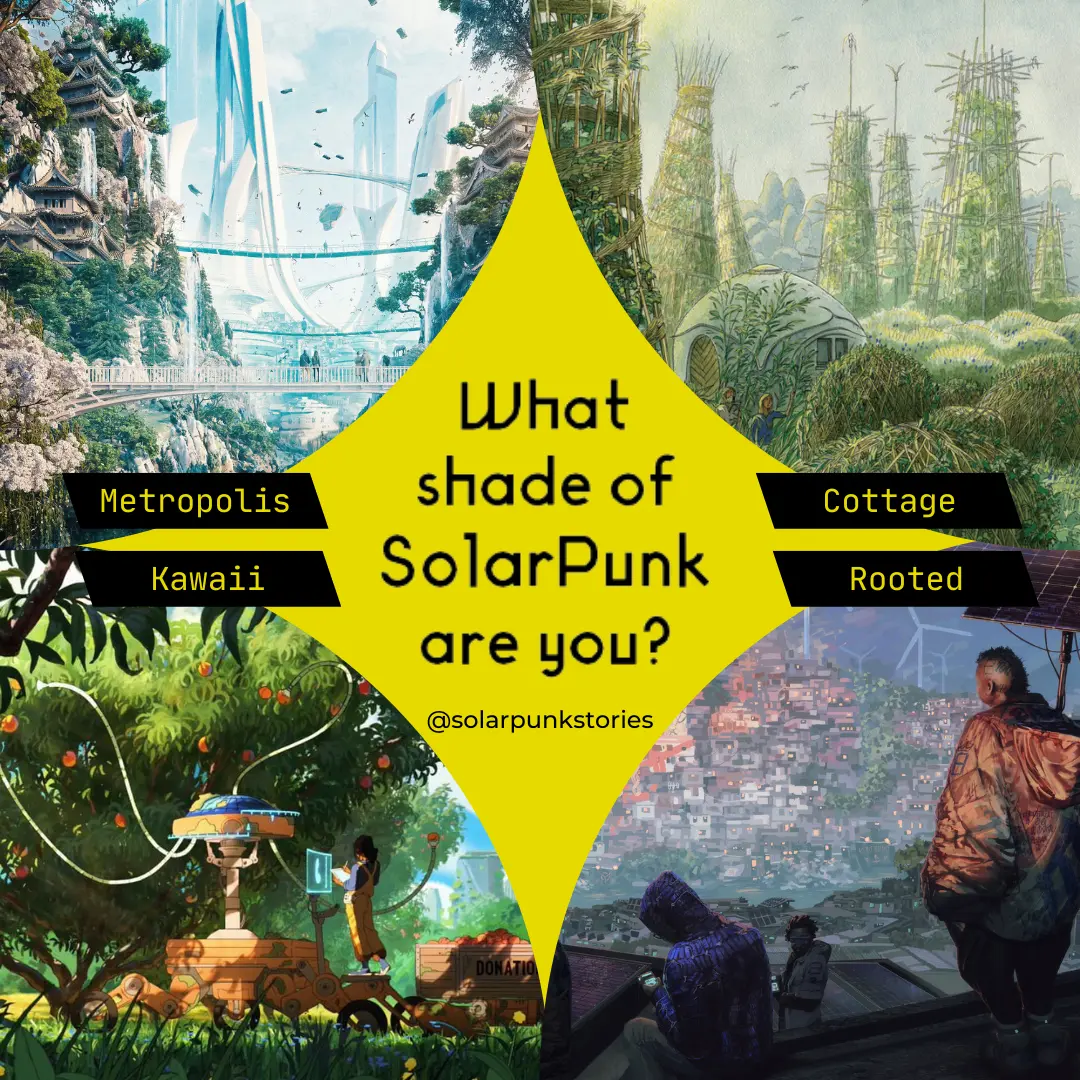Oh, this is WAY worse than 2016.
Before, people said that Biden was fine. Now, they’re saying, “There’s just no way to change, so we have to accept it.”
Bullshit. This is supposed to be a democracy, and every volunteer and staffer and voter and activist and voter needs to rattle the bars of the cage that the Democratic party is trying to put us in. Do. Not. Let. Biden. Do this to us.











I am here to gently wake you up.
Biden has been losing the whole time, pretty badly. I listened to Pod Save America to get their read, and one of them pointed out that predicted election outcomes can change in one of two ways: a major event can force a big shift, or you can rise or fall slowly over time. Tonight showed that neither is coming for Biden. At his best possible opportunity, he didn’t under perform, he made it far worse. The theory that he could slowly gain ground with media appearances is now popped.
Biden is a nice guy, but he’s experiencing a pretty normal cognitive decline, and voters aren’t going to magically come around to him when they’ve been telling pollsters for months that he’s going to lose.
That isn’t going to change unless the nominee changes. You’re right that this isn’t the end for Biden. But sadly, that’s because it’s actually been over for a long time. It’s time to pick up the pieces and begin the overdue work of fielding a competitive nominee.